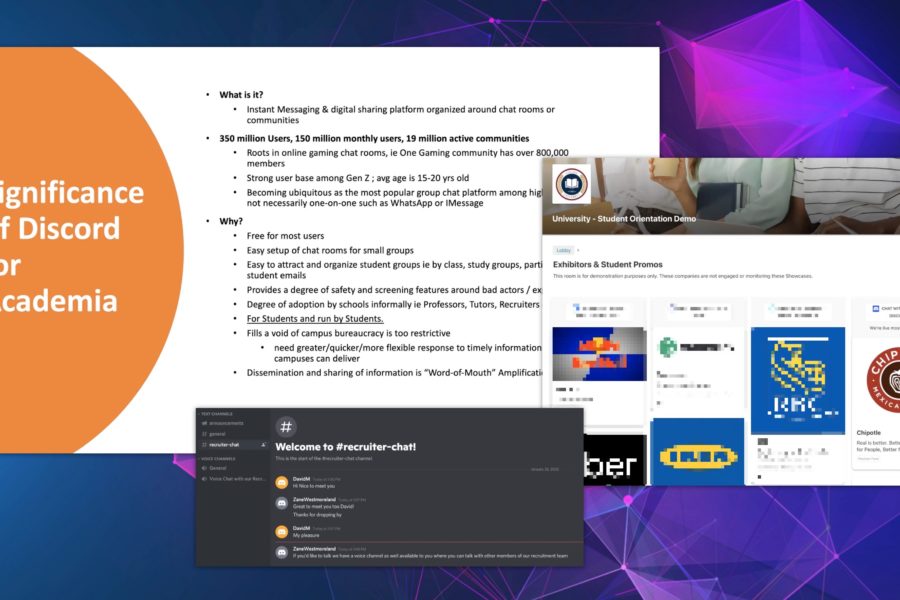Business students satisfied with the career support they receive from their school are likely to become loyal alumni after graduation.
But a new international report suggests some business schools still have work to do in building strong relationships with students so they become staunch alumni willing to donate time, money and expertise after graduation.
“Keep investing in career [counselling], keep investing in digital [connections] and make sure this is not just an alumni experience but a Day 1 student experience,” says CarringtonCrisp co-founder Andrew Crisp, an author of a new report (with the accrediting body European Foundation for Management Development) on the importance of student satisfaction to alumni loyalty.
In an online survey of 2,800 respondents from 89 countries, 82 per cent of those who identified themselves as highly engaged alumni report they are contributing in some way to their school’s success, compared to just 41 per cent of all respondents.
Notably, just less than 50 per cent of those surveyed ranked career support as good at their school, according to the survey, though graduates in the past three years had a more positive assessment (61 per cent of respondents) compared to just 35 per cent of those who earned their degree more than 20 years ago.
The report’s message is not lost on Canadian schools (which had minor representation in the survey), some with a long-established focus on career counselling.
At the University of Western Ontario’s Ivey Business School in London, Ont., career coaching for undergraduate and graduate students begins the second week of class, according to Sharon Irwin-Foulon, executive director of career management and corporate recruiting.
“We aren’t doing résumés and cover letters – you can find that information on the Web – we are talking about executive presence, what the market expects of you, and how you think about yourself and the way you go out to the market [for a job],” she says.
All students must take career counselling sessions as part of the curriculum, with the option for additional group or one-on-one sessions on choosing an industry career and how to land a preferred job.
She credits former dean Larry Tapp, who served from 1995 through 2003, with linking classroom-based career coaching and school loyalty after graduation.
“He felt that professionalizing the career management piece was an important part that would later – long-term strategically – feed the sustainability of the school and how people are engaged,” she says.
One-third of the school’s almost 27,000 alumni have been actively involved in the school over the past year, according to an Ivey spokesman.
Meanwhile, the global alumni survey also found many business schools receive poor grades on their promise to connect students after graduation, with just one in five respondents “definitely agreeing their school has a strong alumni network.”
“Those who are most frequently [more than once a week] using LinkedIn are three times as likely to be engaged with their business school than those not using LinkedIn,” he says. “It is really important for schools to understand that power of digital media.”
His report notes that just 10 per cent of alumni respondents say they are regular users of online alumni networks.
By contrast, Smith School of Business at Queen’s University in Kingston reports a significantly higher level of participation, with 5,000 of its 22,000 graduates actively using the school’s online network. Through that digital link, alumni can sign up as mentors, possible speakers or offer other forms of assistance, according to Smith alumni engagement director Tyler Forkes.
A newsletter also informs alumni of opportunities to return for Webinars, executive education and other professional development, while alumni clubs present speaker series and other networking opportunities.
In a new development, Mr. Forkes’s unit is in the process of formalizing its relationship with the school’s career centre for mutual benefit. “We want to build best-practice models and we want to be doing that as well or better than anyone in terms of how we are using alumni to help career services,” he says.
As at Ivey, Queen’s commerce students receive early access to career resources, including opportunities to book one-on-one coaching sessions. In second semester, students take a core course on careers and the school’s career coaches come to class to deliver workshops.
The bottom-line of Mr. Crisp’s report – “as you sow, so shall you reap” – is one already recognized by many Canadian schools, according Mr. Forkes. “You can’t hear the word alumni for the first time at convocation and expect to be successful,” he says.



